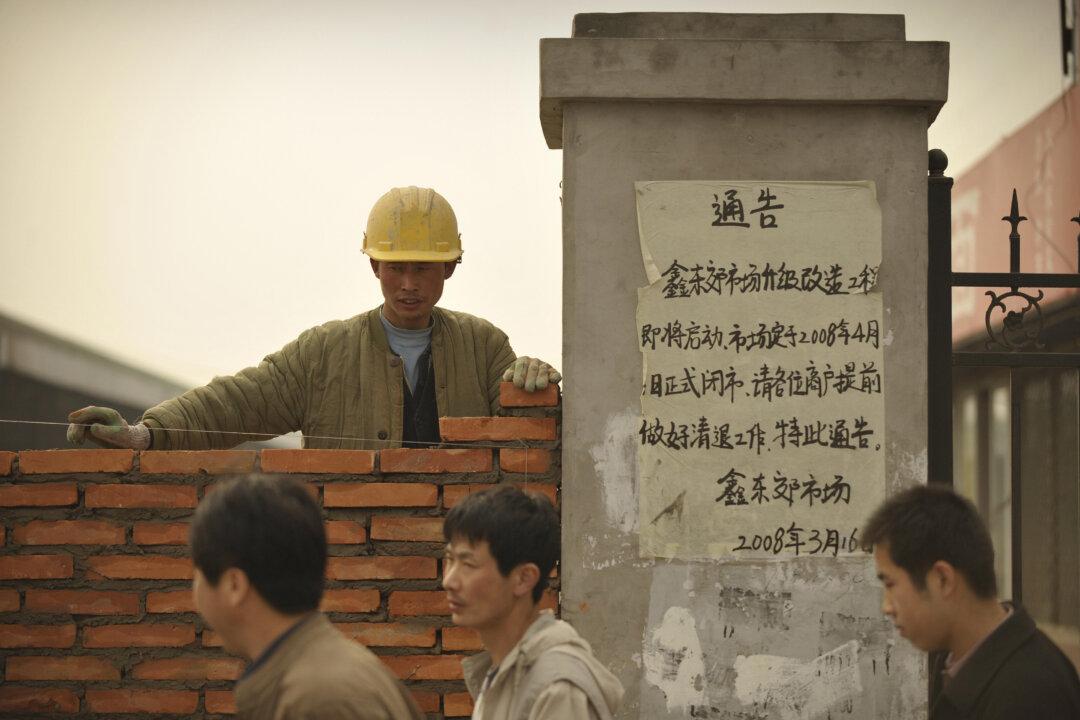The Chinese communist regime has dug into its Maoist past for two new social and propaganda initiatives, in what analysts say show signs of deepening economic problems.
In a recently announced social policy, the Chinese Communist Party (CCP) wants to see more “talents” move to poor rural areas, reminiscent of a campaign during the Cultural Revolution that forced millions of urban young people to work in the fields with farmers to “re-educate” themselves.





